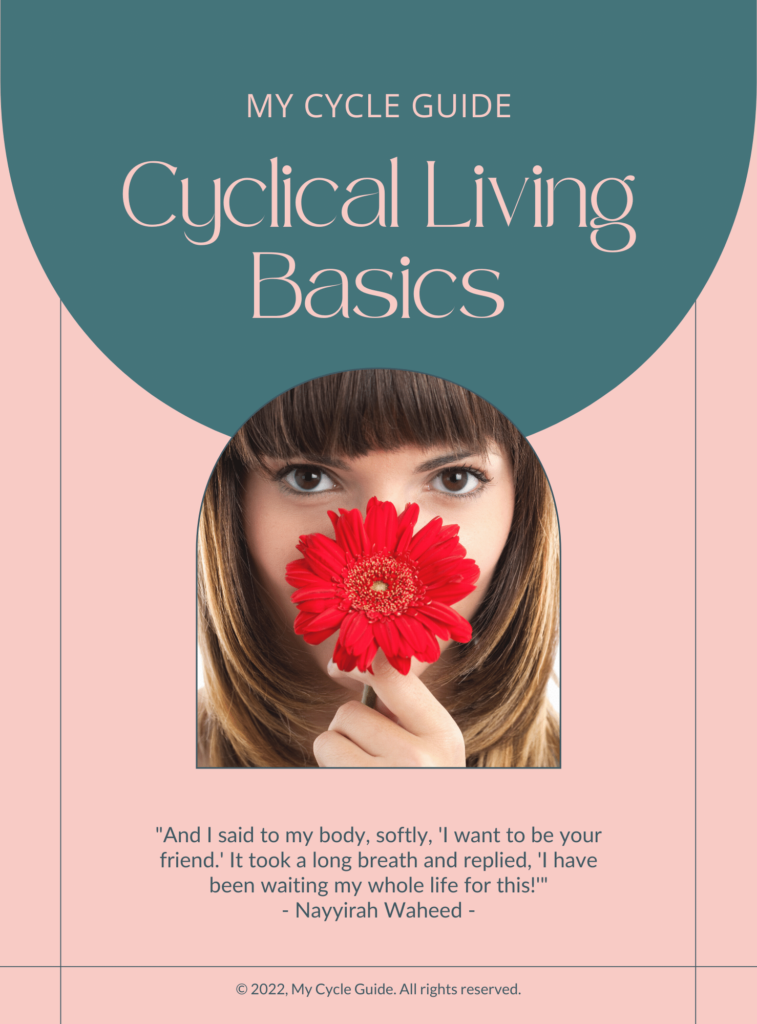Birth control is a pivotal part of sexual health, enabling you to take control of your reproductive choices. Let’s take a closer look at your options.
Understanding Birth Control
Birth control refers to the various methods used to prevent pregnancy. These range from hormonal and barrier methods to intrauterine devices (IUDs), emergency contraception, and natural methods. Each method has its benefits and drawbacks, and what works best will depend on individual factors such as health conditions, lifestyle, and future reproductive plans.
The Importance of Knowing Your Options
It’s vital to know your birth control options so you can make informed decisions that align with your lifestyle, health needs, and plans for the future. Having this knowledge empowers you to actively participate in your sexual health, increasing your autonomy and enabling better healthcare discussions with professionals.
The Intersection of Birth Control and Your Menstrual Cycle
Many forms of birth control interact directly with your menstrual cycle. Hormonal methods, for instance, can prevent ovulation or change the cycle’s timing. Understanding these interactions can help you manage your menstrual health more effectively and anticipate any changes when starting or switching birth control.
Birth Control Options and Their Effects on Your Cycle
Let’s take a look at the main types of birth control and how each might affect your menstrual cycle:
- Hormonal methods (birth control pills, patches, vaginal rings, injections such as Depo-Provera, hormonal IUDs): These methods often stop ovulation and can lighten periods or even eliminate them altogether.
- Barrier methods (condoms, diaphragms): These methods have no direct effect on your menstrual cycle but must be used correctly every time you have sex to be effective.
- Intrauterine Devices (IUDs): Hormonal IUDs can lighten or stop periods, while copper IUDs may make periods heavier and more painful.
- Natural methods (fertility awareness, withdrawal): These methods require regular tracking of your menstrual cycle and have no direct effects on cycle length or bleeding.
Choosing and Managing Your Birth Control
The choice of birth control is a personal decision that is influenced by factors such as your overall health, lifestyle, comfort, future plans, and beliefs. Regular consultations with healthcare providers can help manage any side effects or disruptions and make necessary adjustments to your birth control method.
The Emotional Side of Birth Control
The choice and use of birth control can bring a mix of emotions. For some, it can bring a sense of relief and empowerment, while for others, it can cause stress, especially when dealing with side effects or the trial-and-error process of finding a suitable method. Remember, it’s essential to have a supportive and understanding environment to discuss these issues freely.
Frequently Asked Questions
Here, we’ll tackle some of the commonly asked questions about birth control options:
How do I choose the best birth control option?
Choosing the best birth control option for you is a highly personal decision that can depend on various factors. These include your overall health, lifestyle, sexual habits, comfort, future reproductive plans, and even personal beliefs. Consulting with a healthcare provider can help guide this choice. They can provide detailed information about each method, its efficacy, potential side effects, and how it may interact with your personal health circumstances.
What are the side effects of hormonal birth control methods?
Hormonal birth control methods can have various side effects, and these can differ from person to person. Common side effects include changes in menstrual bleeding patterns, weight gain, breast tenderness, mood changes, and nausea. In some cases, hormonal contraceptives can also increase the risk of blood clots, though this is relatively rare. It’s essential to discuss potential side effects with your healthcare provider before starting a new method.
Can I get pregnant as soon as I stop using birth control?
The ability to conceive after stopping birth control largely depends on the type of method used. For instance, with hormonal methods like the pill, patch, or ring, fertility can return almost immediately after discontinuation. For hormonal IUDs, fertility typically returns soon after removal. However, some methods like the Depo-Provera injection might delay the return of fertility for several months after the last shot. Again, your healthcare provider can provide more detailed and personalized advice.
Explore More About Your Menstrual Cycle
To understand more about your menstrual cycle, how to track it, and manage related issues, refer to our Free Workbook – Guide to Tracking Your Menstrual Cycle and accompanying Cyclical Living Basics eBook.
